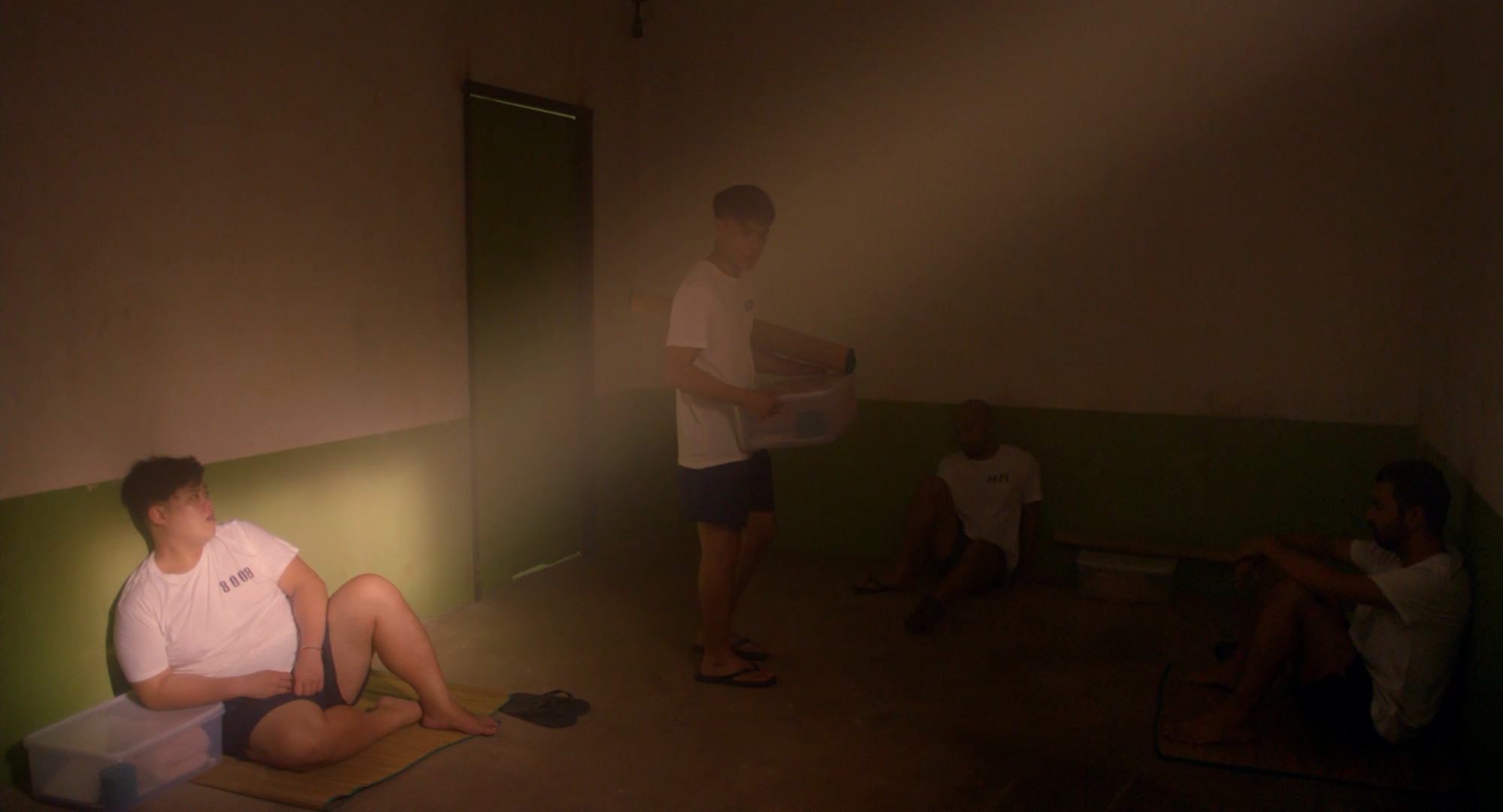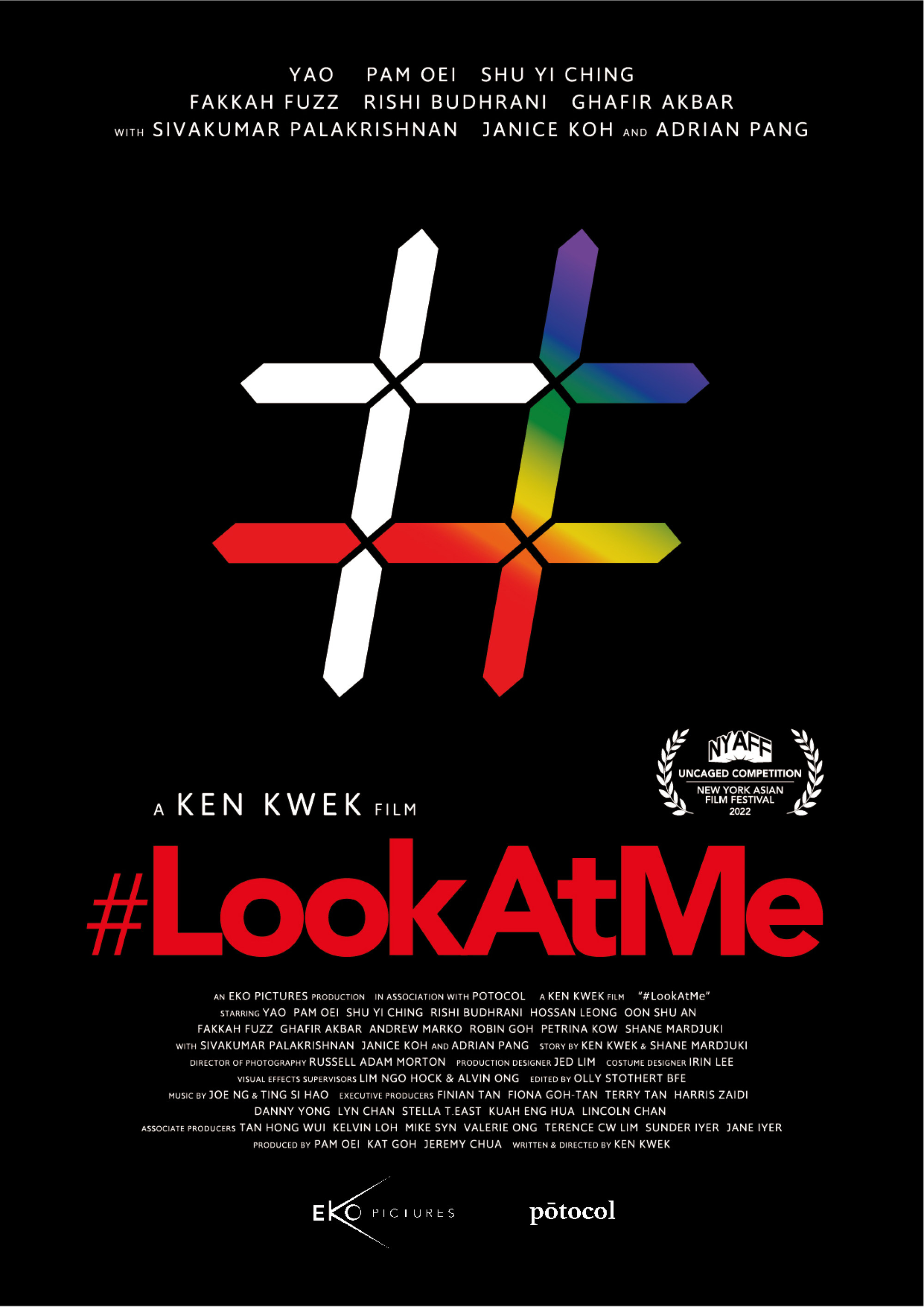
Singapore director of LGBTQ-themed film #LookAtMe ‘disappointed’ over screening ban
- Singapore’s media regulator says the film ‘denigrates a religious community’ and has the ‘potential to cause enmity and social division’
- Director Ken Kwek says his team will appeal the decision to effectively ban the movie, which centres around a protagonist who acts out against a pastor’s LGBTQ stance
Singapore’s media regulator had on Monday said the film – directed by Singaporean author and screenwriter Ken Kwek – “denigrates a religious community” and had the “potential to cause enmity and social division” in the multi-religious country.
The film was refused classification by the authorities, meaning it is effectively banned as it cannot be legally sold, rented, possessed, imported or made public.

Premiered at the New York Asian Film Festival in July, the film revolves around a protagonist who takes offence to a pastor’s stance on homosexuality.
He then makes a social media post about the male pastor which goes viral, landing him a jail sentence for violating Singapore’s laws. The protagonist later considers plotting revenge against the religious leader, who is played by veteran Singapore actor Adrian Pang.
The Infocomm Media Development Authority (IMDA) said various descriptions of the pastor, including a similar sounding title, were suggestive of a real pastor in Singapore.
“Persons in Singapore may draw that connection,” it said in a joint statement with the Ministry of Home Affairs and the Ministry of Culture, Community and Youth. “The context may be seen to be suggesting or encouraging violence against the pastor.”

The pastor is also portrayed engaging in an act prohibited by his professed religious faith, according to the statement. These allegations may be perceived to be offensive, defamatory and contrary to the Maintenance of Religious Harmony Act as it “may be seen as unfairly attacking a religious figure”.
Among other things, the joint statement reasoned that the film had potential to cause social division as the protagonist declared his intention and made preparation to violently attack a religious figure.
The film’s opening frame – which included the words “inspired by true events” – also implied that leaders of the local religious community, including the pastor, had engaged in behaviours that go against religious teachings, it added.

After consultations with the ministries, the IMDA decided to refuse classification of the film. The team behind the film said they would be appealing against the decision.
“#LookAtMe is a work of cinematic fiction. The film seeks to entertain and encourage conversations on important social issues that are relevant to Singapore,” said a statement issued by the director and producers. “We hope Singapore residents are given an opportunity to see this film.”
The movie – Kwek’s second feature film – had earlier won a Special Jury Award for Best Performance at the New York Asian Film Festival.
In 2012, Sex.Violence.FamilyValues, an anthology of short films directed by Kwek, was pulled a day after its premiere, following backlash from some citizens who viewed certain scenes as racially insensitive. It was re-released months later after it was edited and reclassified.

Guidelines by Singapore’s media regulator state that materials that are deemed likely to undermine public order, promote feelings of hostility between racial or religious groups or promote “deviant” sexual behaviour or homosexuality could be reasons for a refusal of classification.
To date, there have been tens of films banned in the city state, for reasons including explicit lesbian sex acts and for undermining national security.


